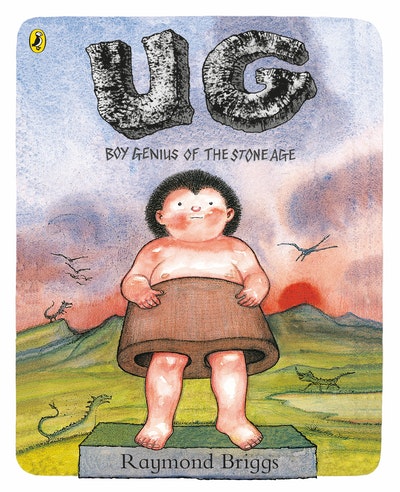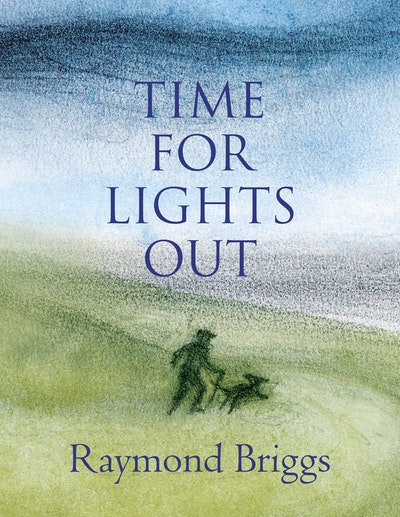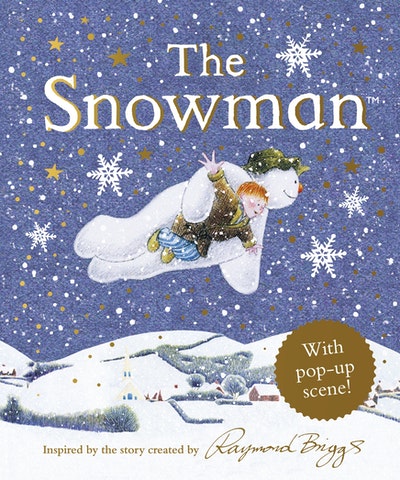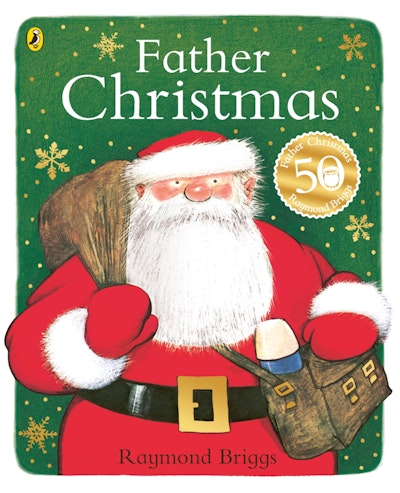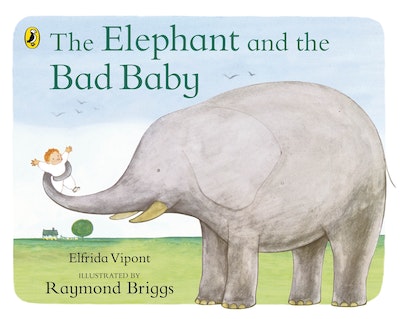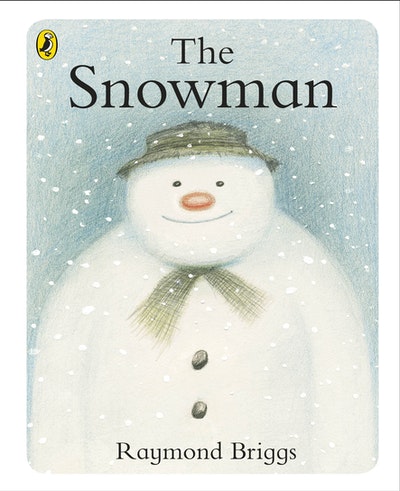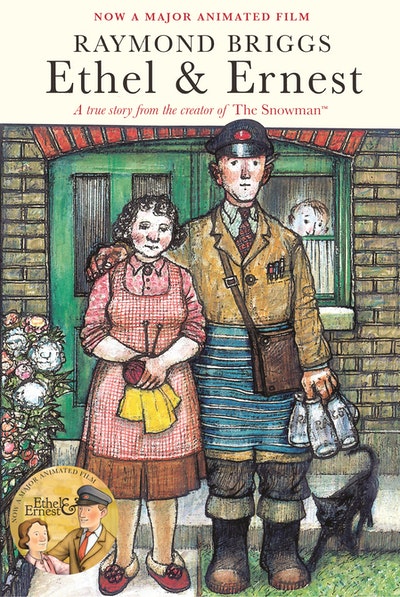Raymond Briggs is one of the foremost creators of illustrated books for adults and children, including the unforgettable The Snowman and Father Christmas. He was born in Wimbledon Park on the 18th of January 1934 and currently lives in Sussex.
Raymond Briggs' parents have proved an important source of inspiration to the author/artist. His father was a milkman; his mother a former lady's maid. Raymond's unique characterisation of Father Christmas is based on his father - 'Father Christmas and the milkman both have wretched jobs: working in the cold, wet and dark.' His parents also influenced the character of Jim and Hilda, the victims of nuclear fall-out, in When The Wind Blows. Raymond left school aged 15 to study painting at Wimbledon School of Art. After completing a typography course at the Central School of Art, and two years of National Service, Raymond went on to the Slade School to study painting. His first work was in advertising, but before long he was winning acclaim as a children's book illustrator as well as teaching illustration at Brighton College of Art. Raymond was awarded the Kate Greenaway Medal in 1966 for his fourth picture book, The Mother Goose Treasury, and again in 1973 for Father Christmas. Published in 1978, The Snowman is perhaps Raymond's best-loved creation. He says that the book was partly inspired by its predecessor, Fungus The Bogeyman - 'For two years I worked on Fungus, buried amongst muck, slime and words, so... I wanted to do something which was clean, pleasant, fresh and wordless and quick.'
Raymond Briggs on his craft:
'The essence of being able to draw from memory (is) to be a mini actor. If the figure is to walk jauntily with its nose in the air, you have to imagine what that feels like.'
'I once kept a record of the time it took to do two pages. Pencilling - 20 hours, inking - 18 hours, colouring - 25 hours. And all that's after months of getting ideas, writing and planning.'
'People often ask about the technique in (The Snowman)... it is done entirely with pencil crayons, with no line in pen or pencil and no washes of ink or watercolour.'
'Most of my ideas seem to be based on a simple premise: let's assume that something imaginary - a snowman, a Bogeyman, a Father Christmas - is wholly real and then proceed logically from there.'
'In Fungus the Bogeyman I wanted to show the petty nastiness of life - slime and snot and spit and dandruff, all this awful stuff which is slightly funny because it detracts from human dignity and our pretensions.'
